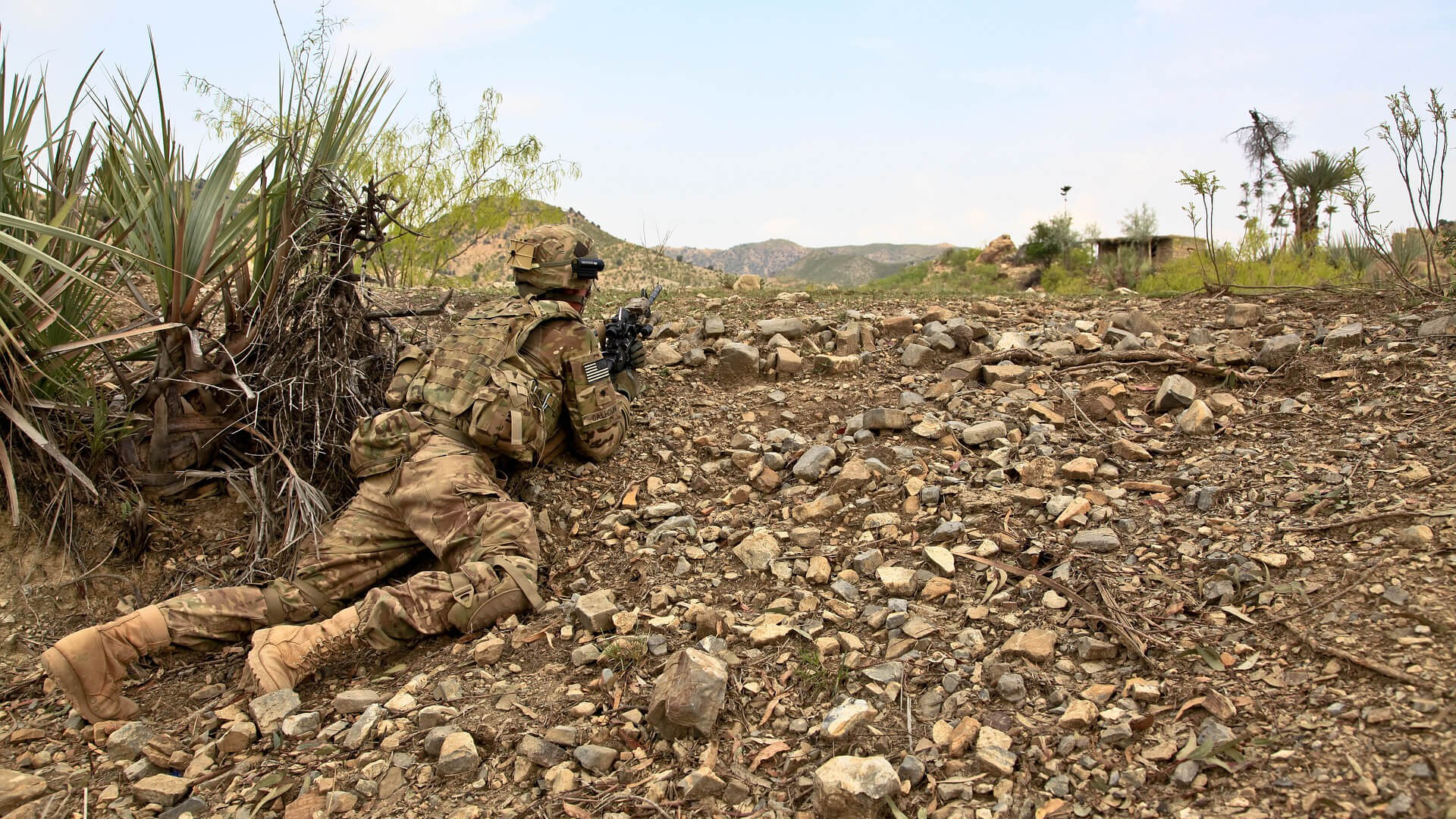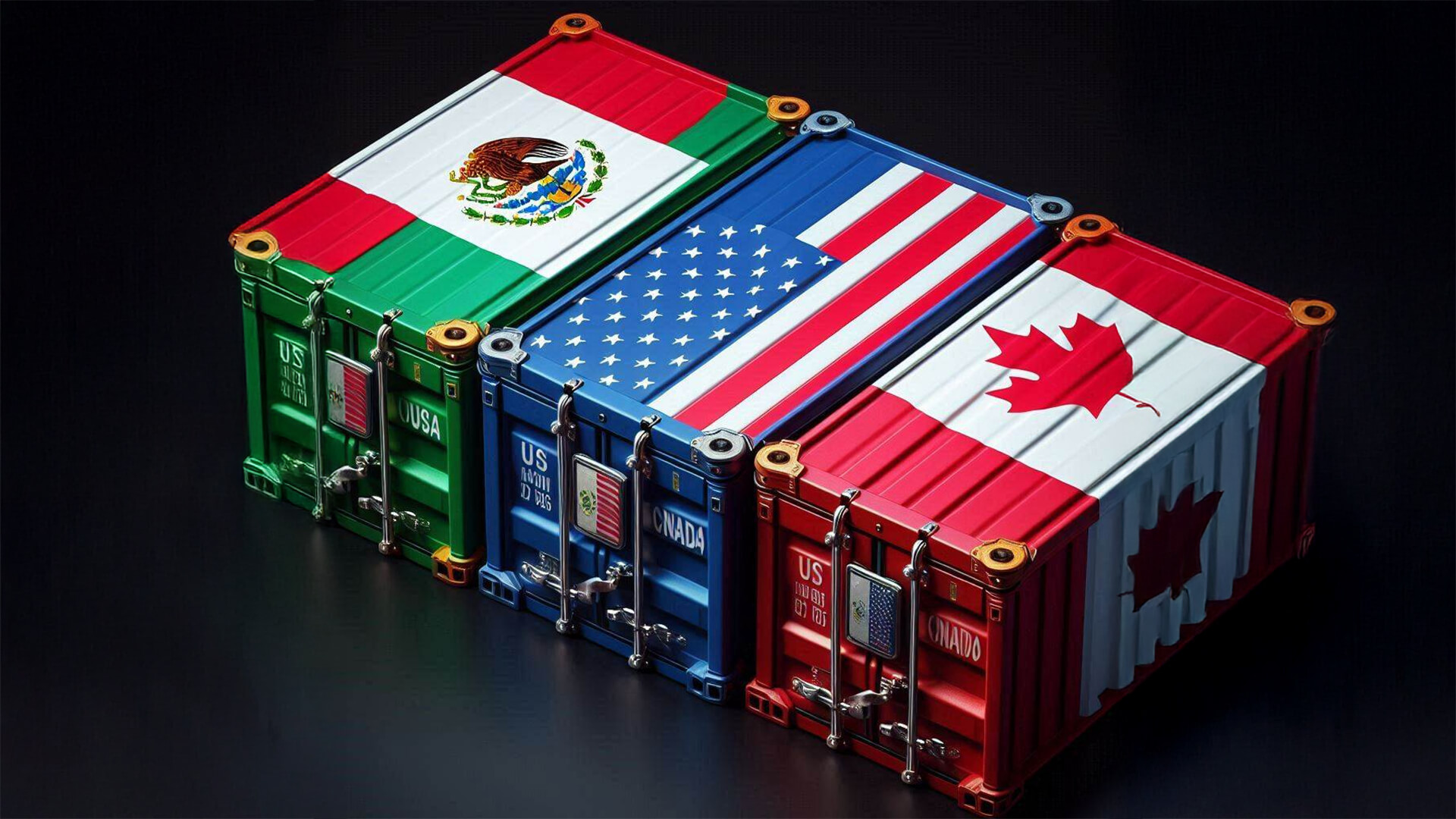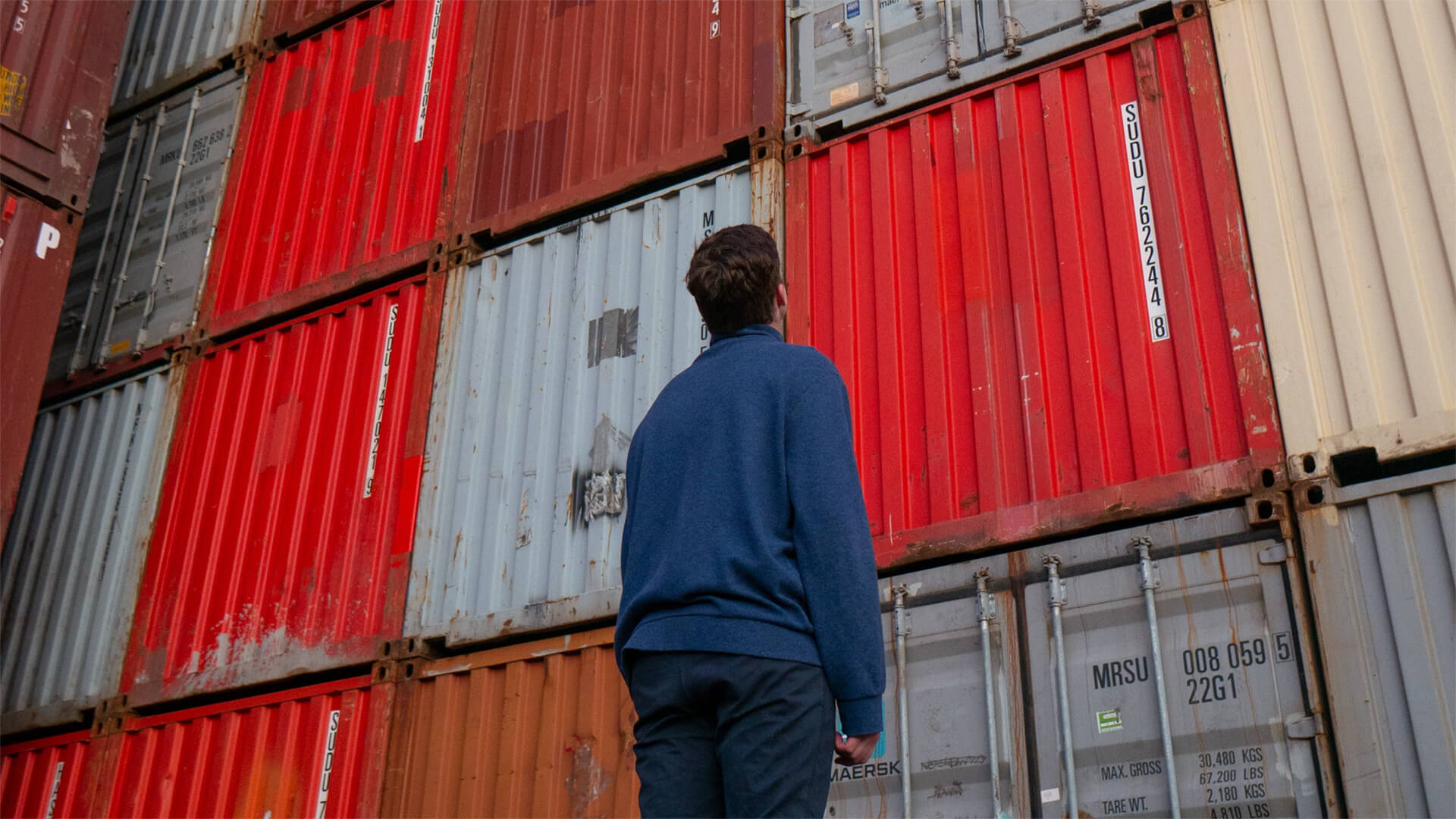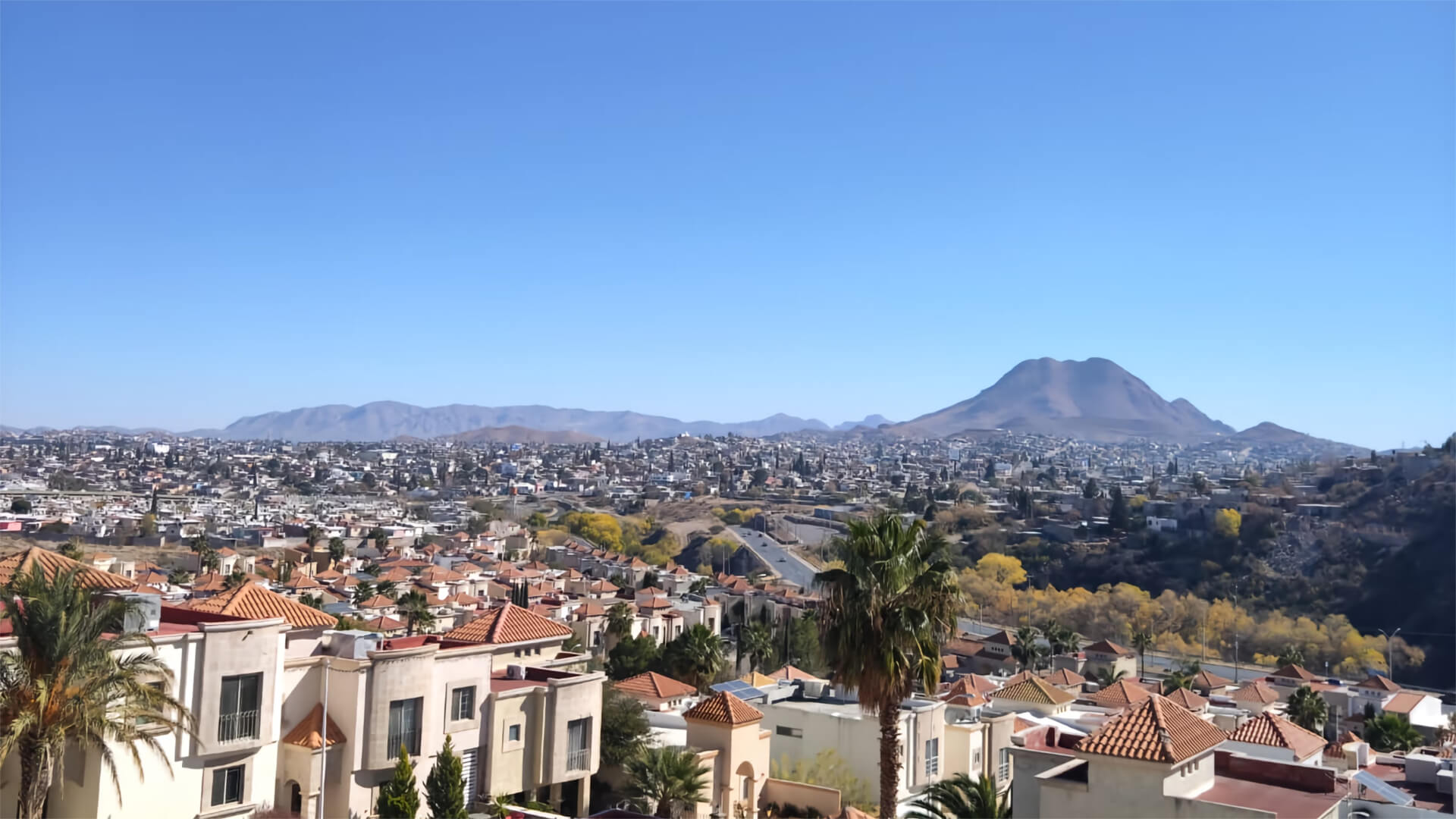With rising violence in Mexico, is it time that the US military steps in? To quote Michael Scott, “No God please no!”
The spike in violence can be attributed to the rise of fentanyl, an easy to produce synthetic drug. This has led to the fragmentation of cartels into smaller and more violent actors. On top of that, the Sinaloa cartel has splintered due to US-led efforts in dismantling its leadership, causing further instability in the region. And the relatively new kid on the block, Jalisco New Generation, likes to lead with an iron fist. So, Mexico’s security landscape is in shambles.
But does that mean the US military needs to step in? There are a few ways to answer that question, but the bottom line is that the US needs to stop doing drugs!
Transcript
Hey, all. Peter Zeihan here coming to you from above Telephone Canyon and Zion National Park. Today we’re taking a question from the Patreon crowd, specifically considering that over the last year, Mexico has just gotten more and more violent, is now the time to consider some sort of U.S. military action across the border? The short version is. Oh, God….Please. No. But it it’s a real question. I don’t mean to dismiss it. We do need to break this down. First things first. We need to understand why the violence has gotten so much worse. And it has really nothing to do with policy in Mexico. It has to do with the nature of the drug war itself.
For the longest time, the drug war was about cocaine. So that was a mechanic that we understood. There was a supply chain that we knew was an agricultural product. It was produced in the Andean region of South America, and then it was shuttled by plane or boat, north to Central America or southern Mexico, where it then got into the hands of what we now know was cartels and moved its way north to the US border, where it was then distributed by the gangs.
Over time, this structure has evolved. Central America is a relatively new addition to the trafficking route because we got better at interdicting things at seas. And we went from having one giant cartel to regional cartels and then ultimately, ultimately local cartels. There are more coalitions now than hierarchical organizations.
Anyway, that’s how it was in the last few years, fentanyl has exploded upon the scene, and fentanyl is not an agricultural product. It is a synthetic. It is made in the lab. And it takes very few people with very little experience to cook up hundreds of thousands of doses in a very short period of time. So all you have to do is basically get some synthetic, components, cook them together in your garage, literally, and then cut them into powder and mix them tablets.
So if you do a gram of cocaine and don’t do cocaine, it represents somewhere between 4 and 8 man hours of effort from the point of view of the plantain to the bailey and to the processing, to the shuttling, to the smuggling, where is if you take a hit of fentanyl and don’t do fentanyl either.
It represents just a few man seconds of work because it’s so much easier to produce. Well, what this has done is change the cartel landscape.
So two things have changed. First of all, the organization that is today, the Sinaloa Cartel, a large cartel, largest drug trafficking organization on the planet, under the Obama administration, we captured, El Chapo and basically beheaded the organization. And it’s been basically experiencing a slow motion, disintegration from an organizational point of view, ever since its fracturing.
And those factions are becoming, violent with one another. That was accelerate in the last couple of years when the United States and Mexico, working together, managed to get a few other, senior lieutenants. In the meantime, the replacement cartel called Wholesale New Generation, is an order of magnitude more violent. And not nearly, as corporate, in terms of its activities, and they see intimidation as a much more potent tool for shaping local behaviors than bribes.
So that’s part of the violence. The other part is the fentanyl side, because any mom and pop can basically cook up $1 million of the stuff in their garage over a couple of weeks.
We now, instead of having three broad cartel alliances, have literally hundreds of small organizations that can basically print cash with fentanyl in a short period of time, and they don’t see the reason why they need to be part of the cartel structures.
And so most of them have basically gone into business for themselves. Think of it as the digital economy where everyone has a gig, except for the gig is fentanyl. You put all that together and you now have, instead of some large cartels that kind of hold together like Sinaloa used to.
You know, how hundreds of small, crime organizations out for themselves? These two things together have basically made Mexico a bit of a shit show from a security point of view. Now we can start talking about what the United States can do. Basically, there’s five options. Only one of them doesn’t suck. The first option, use drones, monitor the border, maybe even do some targeted strikes.
We’re kind of halfway into this already. The Mexicans tried to talk us out of doing border monitoring. But Trump administration didn’t care. We haven’t started using the drones in an armed capacity to strike on the other side of the border. And honestly, this doesn’t do a whole lot. I mean, yes, you can see the border and go deeper, but consider the volumes involved.
If you have 20 pounds of cocaine in a backpack, that’s a quarter of $1 million. If you have 20 pounds of fentanyl, pure fentanyl, and you want to bring it across the border and cut into pills, that could be up to $10 million. So you’re not going to pick that up with a drone, that can be smuggled in your glove compartment.
It just it’s not an effective tool against that type of activity. It’s not that it does nothing. It just doesn’t do much. So that’s one number two, we’re at the point we’re starting to discuss this. Start sending special forces across the border, and going after the cartels themselves. Now, this is something we’ve actually already started, kind of doing.
There is a task force based out of El Paso, as it’s been explained to me, that is Mexican citizens, but they use American equipment, American Intel, they have American distribution. They use they use American intelligence. They’re paid for by the United States. They’re just Mexican citizens, but they go every day south of the border and basically bust heads in the cartels.
But because they’re Mexican citizens, it’s not considered an invasion. Now, this has been going on for well over a decade. And while I don’t want to say that it hasn’t achieved anything, it really hasn’t moved the needle very much. So if all of a sudden you’re gonna start throw some Rangers and Seals into this, all that does is ramp up the angst probably doesn’t change much because as we have seen with El Chapo and his sons, the torpedoes and other leaders of the cartels, when you take out the guys at the top, the rest of the organization doesn’t fall apart in the traditional sense.
It just goes at its own throat as there’s a fight for succession and it breaks into smaller and smaller and smaller pieces that are more and more and more violent. So it feels good to get the guys, sure, but it doesn’t actually change the math on the ground except make it more violent and have more independent producers and trans transporters of the drugs.
Option number three, which I have not seen seriously considered but has been floated out there, cross the border with the army and encircle and administer, take over, invade, take over, conquer all the border cities, places like Juarez, and Tijuana.
20 pounds of cocaine is a quarter of $1 million. 20 pounds of fentanyl is $10 million. Even if you move the border, there’s still a way through, especially if you’re going to have a commercial relationship with a country like Mexico that is our largest trading partner in every economic sector manufacturing, agriculture and, energy. So putting Americans in charge of security south of the border, you know, to be perfectly blunt, we tried this for 20 years in Afghanistan, in Iraq, countries where we did not care and were not exposed to the local economies.
In Mexico, we are. So if you were to do something that breaks down those corporate relationships, then you’re talking about having a recession in the United States, it is at a minimum four times as bad as what we went through back in 2007 to 2009. I would recommend against that. The final one is, even more dramatic, but might not be quite as bad economically.
Draw a line in Mexico that roughly goes from Monterrey to Durango, and just take everything north of that line. Basically have a second Mexican-American War, where you, the United States, basically annexes the northern states that are most tightly integrated with the United States, establish a security line south of that, where you basically build a new wall that as much shorter and perhaps more effective than the stupid one that we’ve got on the northern border right now, because all that one did was build a bunch of construction lines and roads across the desert and made it easy to cross.
Dumbest thing we’ve seen in a long time basically increase the economics of illegal migration. But if you do it further south would be shorter and keep all of the industrial plant that is integrated into the United States north of that line and basically just swallow annex parts of Mexico and make them part of the United States. The economic case for that is more robust.
The security case for that is more robust. You’re simply invading, conquering, 30 to 35 million people and trying to make them Americans. Now again, we tried a version of this in Iraq and Afghanistan, just because I think it’s a less horrific option than just grabbing the border cities, does not mean it gets the zillion stamp of approval.
But unless you’re willing to consider something like that, there is no military option here that makes any sense. Which brings us to the fifth option. We could stop using fentanyl, cocaine.










